One of the most common phrases we hear caregivers say to their babies and toddlers is “good job.” We have some thoughts on this ubiquitous expression that we’ve been sharing with parents and caregivers, and we’d like to share our perspective more widely.
We hear “good job” most often in the context of parents and other caregivers expressing their excitement in seeing their baby accomplish a new skill or milestone – rolling over, grasping a toy, taking their first steps, falling well. When we hear it, we (sometimes) invite caregivers to consider re-framing their response.
We might point out that the baby is just doing their thing, being a baby. A baby who explores themself and their world through their curiosity will discover new skills and reach new milestones. But young babies (we’re pretty sure) aren’t focused on achieving the milestone or skill as an accomplishment in itself; they’re trying to get to the toy (as an example). When we say “good job,” there’s a way we’re applying (and imposing) on the baby a gauge (of success/failure) that they’re unaware of and can’t yet understand.
Saying “good job” runs the risk of pulling a baby’s attention away from what they’re engaged in and what they might learn there. And it pulls energy away from the child being able to follow their curiosity and their inner drive, and find their way to fulfillment.
Over time, a baby may grow to over-rely on “good job” (and other outside forms of approval) as reassurance of their ok-ness and as a way to orient their life path. This means that a child looks outward for their sense of worth and direction – this disempowers them as the power has been “outsourced.”
Saying “good job” can overemphasize the big, obvious accomplishments and undervalue the learning that happens in the smaller, less visible achievements that are the (often hidden) foundation for the big milestones. It also leaves less room for seeing and appreciating the learning that happens from struggle, failure, falling, and having the resilience and perseverance to try again.
Another point about “good job”: we find it problematic that the word “job” is part of the phrase. We believe that our word choices matter, and we don’t think it’s helpful to consider the process of babies learning to move and navigate the world as “work.” We hear the concept of “work” applied especially to “tummy time,” with the idea that it’s hard, that babies have to learn to tolerate it, and that it builds strength and endurance like a “work”-out. As an alternative perspective, we propose helping babies feel safe, oriented and comfortable on their tummies because it’s the position from which they’ll best learn to locomote and explore their world.
What can we say instead of “good job”? If a baby looks to us for a response, we can let them know we see them and are noticing what they’re doing. We can appreciate and celebrate a baby’s new discoveries and competencies without making it about praise. Perhaps along the lines of “I see you”, “I see you just rolled” or “Here you are on your tummy now.”
Do we think it’s always problematic to say “good job” or something along those lines? No, not necessarily. If we ask a toddler or older child to help with a specific task, like helping to put their toys away, we might acknowledge their cooperation and participation with “good job” or “thanks for helping.” When a child comes to us to share their own sense of accomplishment, we can certainly share in their celebration: “You worked hard on that, didn’t you?!”
We welcome your comments.
* * *

